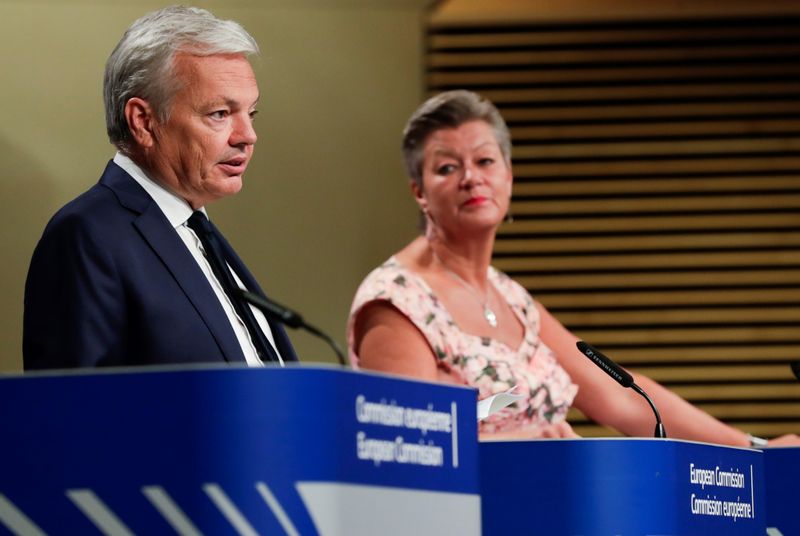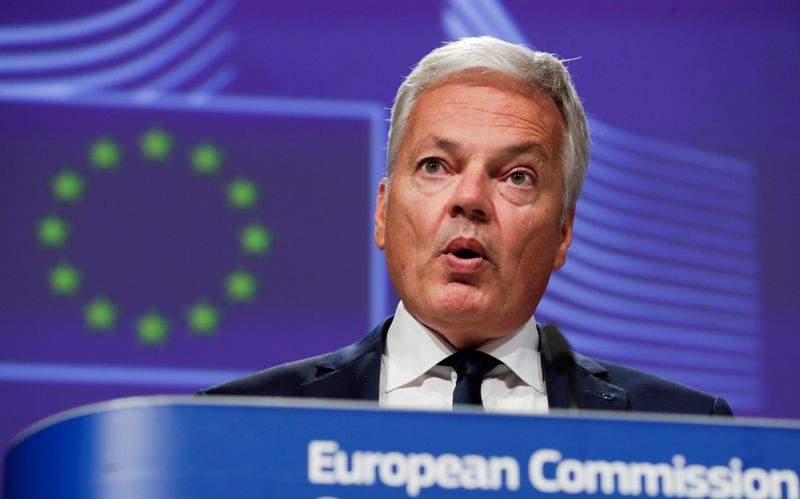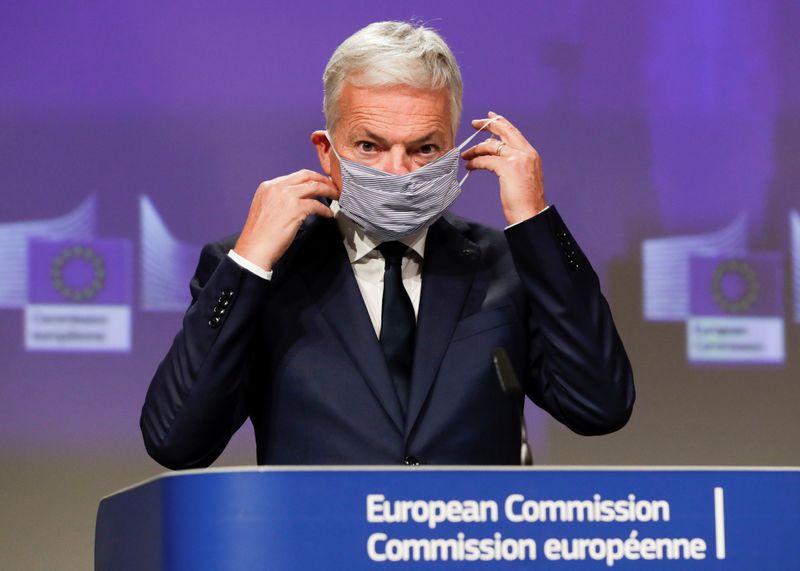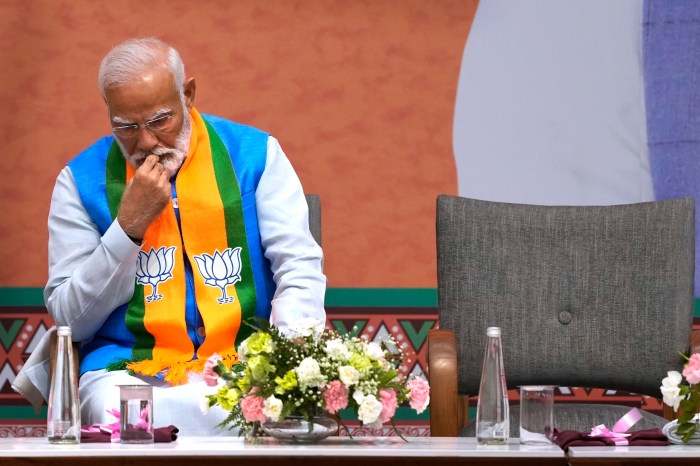BRUSSELS (Reuters) – The European Commission proposed on Friday a common traffic light system for EU member states to coordinate border controls and remedy the current, confusing patchwork of coronavirus restrictions on travelers across Europe.
It said it was responding to demands from the European Union’s 27 countries, who will have to approve the proposal, and from citizens facing long border queues or perplexed about where and under what conditions they can take trips.
Under the proposal, the European Centre for Disease Prevention and Control would produce a weekly map with every region or country colored green, orange or red.
The Commission is advising that no restrictions be set for travelers from green or orange zones, though visitors from the latter might be recommended to take a COVID-19 test.
Restrictions, whether a quarantine or a test, would be appropriate for those coming from red zones, although the measures should be the same for all red zones, whether inside or outside the country.
Countries would be free to determine what measures to take.
The color coding is based on two criteria – no restrictions for people from areas with 50 or fewer COVID-19 infections per 100,000 people in 14 days, or where the percentage of positive tests is below 3%, unless the number of cases exceeds 150.
Red zones denote regions or countries with over 150 cases per 100,000 or over 50 cases if at least 3% of COVID-19 tests are positive.
One EU diplomat said some ambassadors, who discussed the issue on Wednesday, pointed out that various EU countries did not have health services or test and tracing systems equally capable of coping with COVID-19. More vulnerable countries then might wish to set tighter limits for visitors.
EU countries, most of which closed their national borders when the coronavirus pandemic struck, began easing restrictions in June. But the coordinated opening swiftly unraveled.
On Tuesday, Hungary locked its borders, while exempting visitors from three neighboring states, a move branded by the Commission as discriminatory and illegal.
Separately on Friday, German Health Minister Jens Spahn said EU counterparts want to shorten a mandatory quarantine for travelers returning from more risky regions within the bloc to a minimum of 10 days. The rule is now 14 days.
“We want to prevent a situation where travel rules in Europe and to Europe are starkly different. This leads to uncertainty and creates problems at borders,” said Spahn.
“We agreed that when traveling from a risky region, a general quarantine of at least 10 days is advisable. Some member states want to keep the possibility to go beyond 10 days.”
Germany defines a risky region as having 50 or more COVID-19 cases per 100,000.
Many EU countries are experiencing rising numbers of coronavirus infections and have widely varying quarantine rules for travelers returning from regions with high case rates.
(Additional reporting by Joseph Nasr in Berlin; Writing by Philip Blenkinsop; Editing by Mark Heinrich)





















